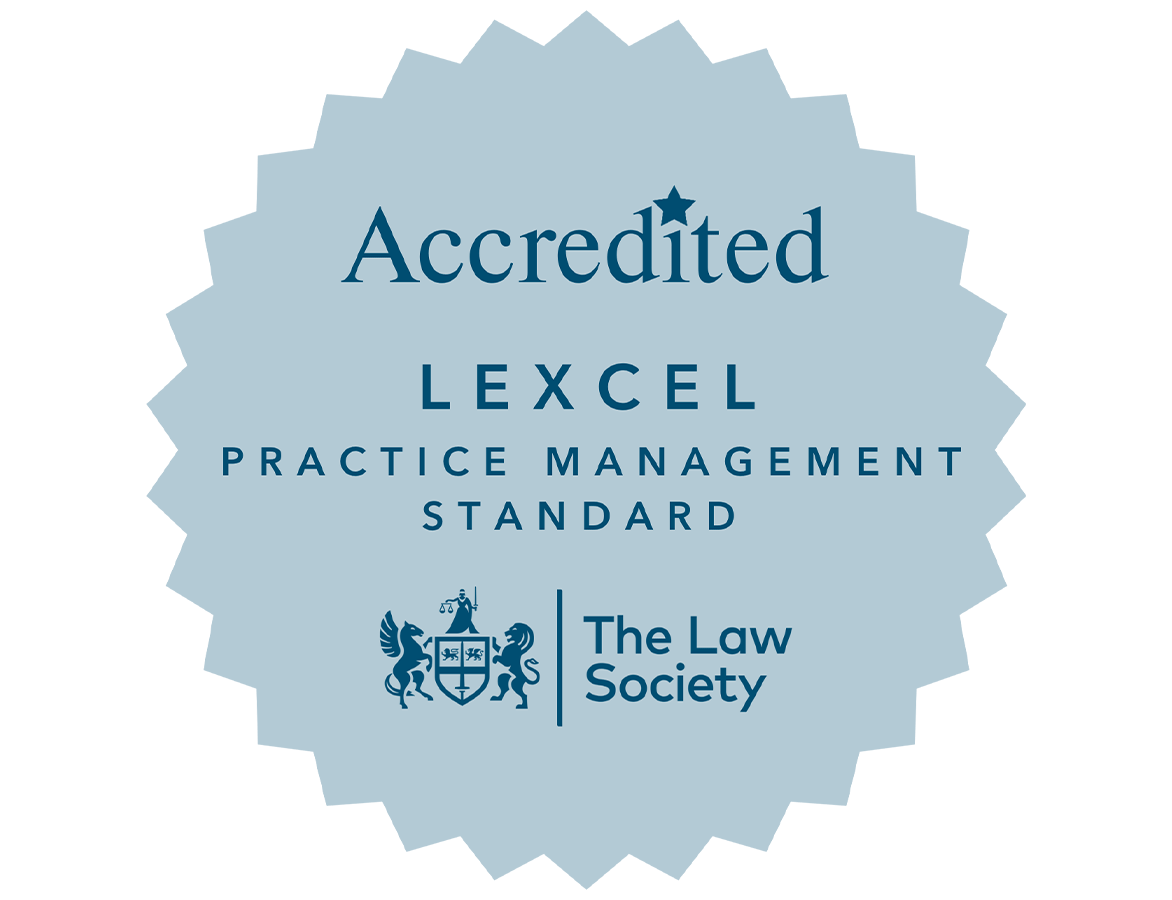Insolvency Services
Navigating Claims by Insolvency Practitioners with Trusted Legal Guidance
Our focus is on acting against Insolvency Practitioners who seek to bring a claim against an individual or a company. We are instructed in disputes involving a wide variety of Insolvency Practitioners, ranging from niche UK based firms to international Insolvency Practitioners. Regularly acting in disputes against the leading Insolvency Practitioners provides us with the experience and knowledge of how best to successfully resolve or win a dispute.
It is important that, where appropriate, we work collaboratively with Insolvency Practitioners to facilitate smooth resolutions and ensure compliance with all legal requirements. We are able to leverage our knowledge and experience of acting against a wide range of Insolvency Practitioners for the benefit of each client.
Our work against Insolvency Practitioners encompasses many issues. We act in cases involving outstanding director loan accounts, preference payments, illegal dividend payments as well as allegations of wrongful or fraudulent trading.
Additionally, we represent clients in areas such as transactions at undervalue, disposals allegedly intended to keep assets out of creditors' reach and breaches of fiduciary duties, including director disqualification proceedings.
A full list of insolvency services we provide to our clients is detailed below.






